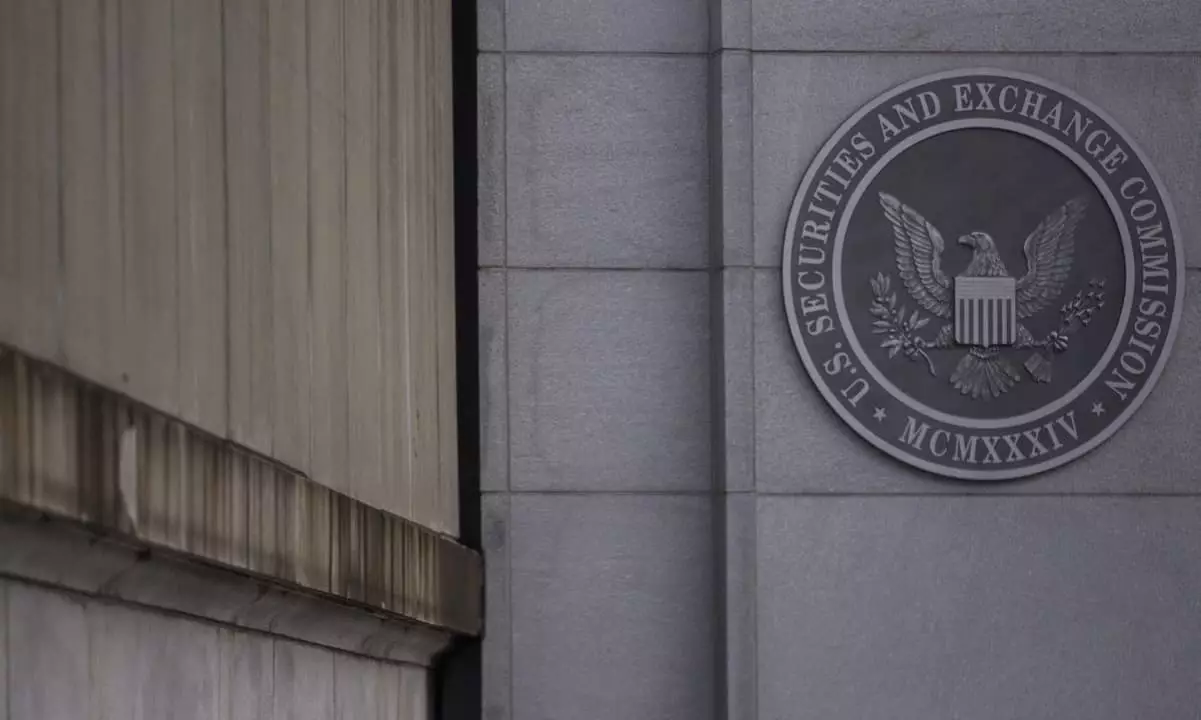In a surprising turn of events, Gurbir Grewal, the Director of Enforcement at the U.S. Securities and Exchange Commission (SEC), announced his resignation effective October 11, 2024. This resignation comes at a pivotal time for the SEC, particularly as the agency prepares to file an appeal in its contentious case against Ripple Labs. The announcement was made public on October 2, when SEC Chair Gary Gensler praised Grewal’s tenure as an “accomplished public servant.” This sudden exit, however, raises pressing questions about the implications for the SEC’s legal actions and the stability of regulation in the burgeoning cryptocurrency sector.
The timing of Grewal’s resignation is particularly critical, occurring just hours before the SEC submitted a notice of appeal in its ongoing legal battle with Ripple. Although the specifics of the appeal remain unclear, legal analysts speculate that it may challenge a recent ruling concerning Ripple’s sale of its XRP token. Notably, the appeal’s vague nature has stirred concern among crypto attorneys and regulatory observers, pointing to potential inconsistencies within the SEC’s strategies.
Prominent attorney Jake Chervinsky voiced his apprehension on social media, characterizing Grewal’s resignation as “not normal” and suggesting it might indicate a shift in the SEC’s approach towards the cryptocurrency market. Chervinsky hinted at the possibility that Grewal’s departure could lead to a reduction in the agency’s aggressive enforcement tactics, particularly against Ripple and similar entities accused of regulatory violations.
In light of Grewal’s resignation, the SEC has appointed Sanjay Wadhwa, the current Deputy Director with 21 years of service at the agency, as the interim director. Meanwhile, Sam Waldon, who previously served as Chief Counsel for the Enforcement Division, will oversee Wadhwa’s responsibilities until a permanent replacement is found. The leadership transition during such a critical juncture adds to the uncertainty surrounding the SEC’s enforcement priorities.
Legal experts are closely monitoring the ripple effect (pun intended) of these leadership changes, especially as the agency navigates existing litigation and regulatory frameworks. Jeremy Hogan, a lawyer who has been closely tracking the developments in the Ripple case, publicly disparaged the SEC’s decision to appeal. Hogan cautioned that the SEC has historically fared poorly in appeals of this nature and argued that the risks outweigh the potential benefits. He speculated that a victorious appeal would only lead to more financial penalties for Ripple while failing to enhance protections for investors.
As the dust settles from Grewal’s abrupt departure, the future of cryptocurrency regulation hangs in the balance. Legal experts continue to express concerns that the SEC’s renewed efforts against Ripple could catalyze a larger shift in how cryptocurrency is governed in the United States. By invoking defenses that rely on pre-existing state securities laws, Ripple may challenge the SEC’s overarching regulatory authority, potentially diminishing the agency’s grasp on this rapidly evolving financial landscape.
Grewal’s resignation raises critical questions not only about the SEC’s leadership but also about the broader implications for cryptocurrency regulation in the U.S. As the agency faces growing scrutiny from legal experts and crypto advocates alike, it remains to be seen how these changes will affect the SEC’s strategic direction in dealing with new financial technologies. The road ahead could very well redefine the boundaries of regulatory authority and reshape the entire crypto ecosystem.

